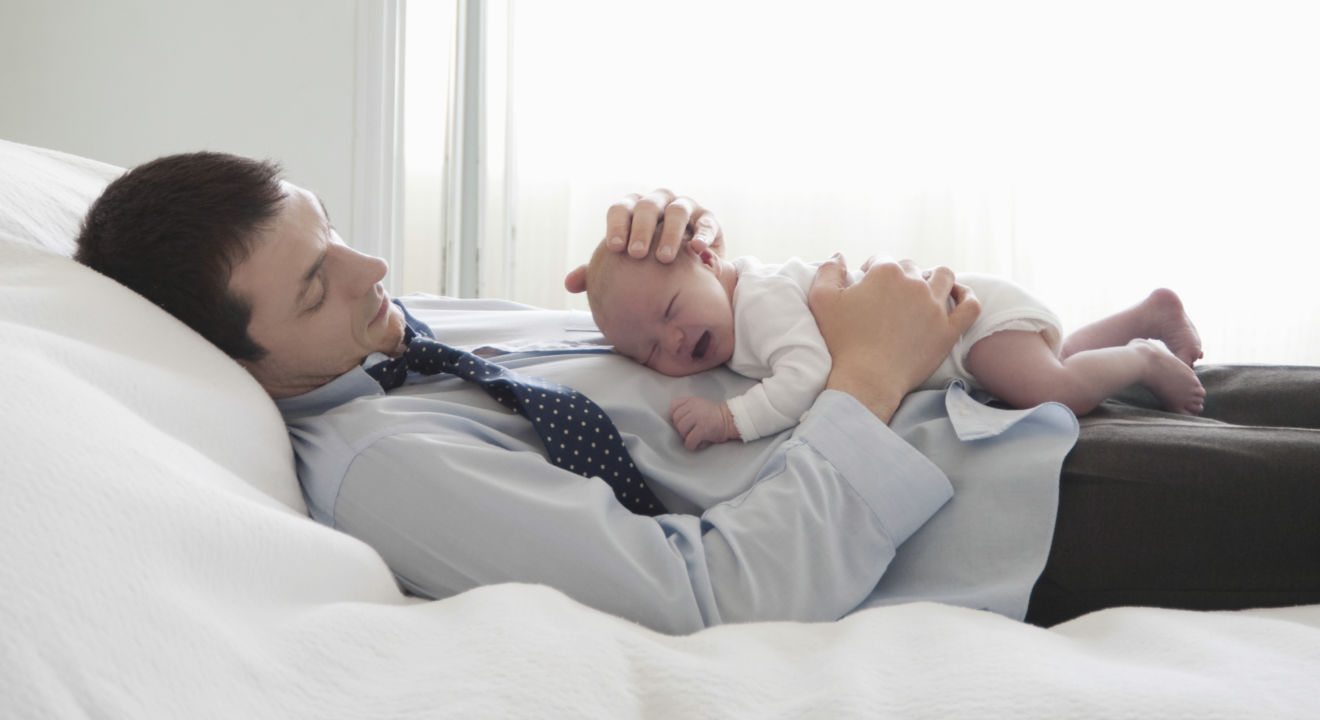Culture November 25, 2016


It’s no secret that the gender norms long cemented in American culture are now being jackhammered out of place by architects of equality. And 2016’s newest system under construction by women’s rights activists – along with several national governments – is paid leave for fathers.
Whether you know it as Daddy Day Care or Mr. Mom, you need to be calling paternity leave the best bet for fathers, mothers, kids and even the workplace.
Even though it seems counterintuitive at first, paternity leave is a huge help to mothers. In terms of health, the results are more than effective.
“By having government policies implemented that require both parents to share parental leave, responsibilities like household and childcare duties tended to be more equally distributed between parents,” says Dr. Patricia O’Campo, director of the Center for Research on Inner City Health at St. Michael’s Hospital, via News Medical. “This support had a positive impact on women’s health in particular.”
READ MORE: How to Deal With an Overprotective Dad
Paternity leaves actually decreases a woman’s susceptibility to postpartum depression. Dad taking time off work to share sleepless nights and baby’s first steps helps mom from keeping all her baby brain stress bottled up. This sharing of responsibility betters a woman’s health and her happiness in the first months after giving birth.
The extra time off is great for new dads, too. When dads take paternity leave and learn how to change a diaper, they make a healthy change to their parenting style that will be surprisingly permanent.
The first few weeks of a child’s life sets a stage for the future distribution of child care responsibilities. As a result, dads who are active in the first few weeks of a baby’s life are more likely to have a larger presence in the child’s life as he or she grows up. This is especially good news for daughters, for whom dads are less likely to take paternity leave in the first place.
Fathers who take time off to read bedtime stories also help pacify any issues surrounding a woman’s career after childbirth. Many must choose to either remain on their career track or defer to the so-called “mommy track” of being a full-time mother.
In a recent New York Times/CBS News/Kaiser Family Foundation survey, findings showed that 61 percent of unemployed able-bodied women reported family problems as reasons why they weren’t working.
And according to this study, only 40 percent of women who leave the workforce will return to full-time jobs. A shared responsibility of family duties helps homes remain two-income households.
READ MORE: For Dads: How to Instill Self-Love and Confidence in Your Daughters
But even though paternity leaves are good for women’s careers, many men fear that they will be bad for their own. A University of Toronto study shows that men who take paternity leaves to care for their children are actually less likely to be taken seriously when they return to work. They’re viewed as less committed to their careers and, in some cases, they are harassed.
Even CEO of TOMS Shoes Blake Mycoskie faced this backlash when he took a 12-month paternity leave. He explains this unexpected hostility to Glamour magazine.
“When I announced I’d be taking leave, some of my CEO peers were mystified. Responses ranged from ‘You’re going to get real bored, real quick’ to ‘How are you supposed to lead a company while changing diapers?’ I must admit they played on my psyche.”
But contrary to the beliefs of some employers operating under outdated stigma, paternity leave could be beneficial on their end as well. According to a report from the White House’s Council of Economic Advisers, over 90 percent of California employers giving extended paid leave reported either a positive effect or no effect on company profitability, morale and turnover.
Paternity leave can only help all parties involved.
Although the federal government allots 12 weeks unpaid leave for new mothers, the United States is one of only two countries in the world that does not federally require paid leave for both new parents. The other country is Papua New Guinea.
As the only developed nation without paid leave, the United States is falling behind. Following the examples of paternity leave success stories – like that of Quebec – would only better the U.S. economy, women’s health, fathers’ skills and children’s quality of life.